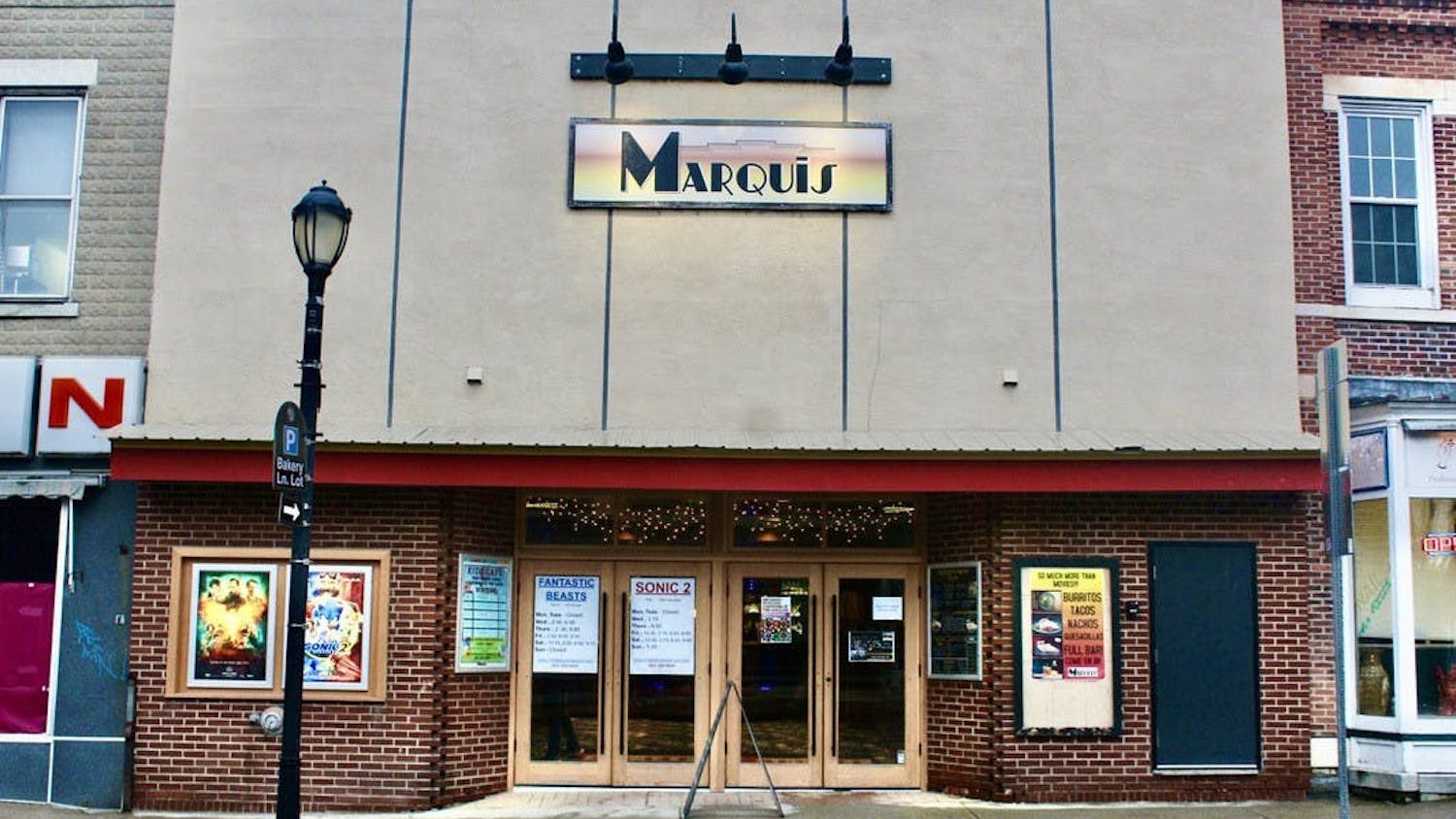In time to commemorate Martin Luther King, Jr. Day and Black History Month, the Vermont Department of Tourism and Marketing announced a Vermont African American Heritage Trail, consisting of 10 educational sites and exhibits that illuminate the history of prominent African Americans in the state.
For those who only know Vermont as a state that consistently ranks among the least diverse in the U.S., the opening of a Vermont African American Heritage Trail may come as a surprise. The Green Mountain state, however, has a rich history of firsts in which Middlebury College has played a leading role.
Vermont was the first state to abolish slavery outright in its constitution, adopted in 1777, and fewer than 50 years later Alexander Twilight became the first black person to earn a bachelor’s degree from any American institution of higher learning, with a baccalaureate from Middlebury in 1823.
The College was only the beginning of Alexander Twilight’s career—he went on to become the first African American elected to public office as a state legislator, serving in the Vermont General Assembly.
“Vermont is defined not only by the varied people who made our history, but also by our distinct geography,” said Elise Guyette, author of Discovering Black Vermont: African-American Farmers in Hinesburg, 1790-1890 quoted in a press release provided by the state Department of Tourism. “This trail anchors the stories of African descended Vermonters to our landscape and, as such, does a great service in helping to change the history of our state from a predominately white story to what it has always been from the beginning — a multicultural endeavor.”
Included on the trail is, of course, Middlebury College, but not only for the famed Alexander Twilight. Middlebury’s African American heritage includes an honorary masters degree bestowed upon the Rev. Lemuel Hayes, the first such degree granted to an African American. And in 1899, class valedictorian Mary Annette Anderson became the first African American woman to be inducted into Phi Beta Kappa, the academic honor society.
Also commemorated in the Heritage Trail is Vermont’s participation in the Underground Railroad. A new exhibit at the Rokeby Musuem will trace the stories of two fugitive slaves who found shelter in Rokeby in the 1830’s. Located just 17 miles up Route 7 from Middlebury in Ferrisburg, the exhibit is entitled “Free and Safe: The Underground Railroad in Vermont.”
Information about the trail can be found online at VermontVacation.com, the official tourism site for the state. A custom Google Map notes museums and historic sites along with Historic Markers that were previously established. The Historic Markers geographically detail several notable persons and events in Vermont, including Ferrisburgh, the site of a July 1843 speech by Frederick Douglass, and Rutland, the birthplace of the first black college president in the United States at the Allegheny Institute, Martin Henry Freeman. Freeman was also a graduate of Middlebury College, and was the salutatorian of the class of 1856.
Several events earlier this week, including a celebration at the Echo Aquarium in Burlington and the “Let Freedom Sing!” concert at the College connected with the goals of the Heritage Trail in paying tribute to the leadership and legacy of Dr. Martin Luther King, Jr. In addition, the Rokeby Museum is planning an event focused on the local history of abolitionists, associated with the PBS documentary “The Abolitionists.” Tentatively scheduled for Feb. 24, the program will feature a panel of Vermont historians making connections from local abolitionists to the people featured in the series.
Vermont Black Heritage Trail Opens in Middlebury
Comments



